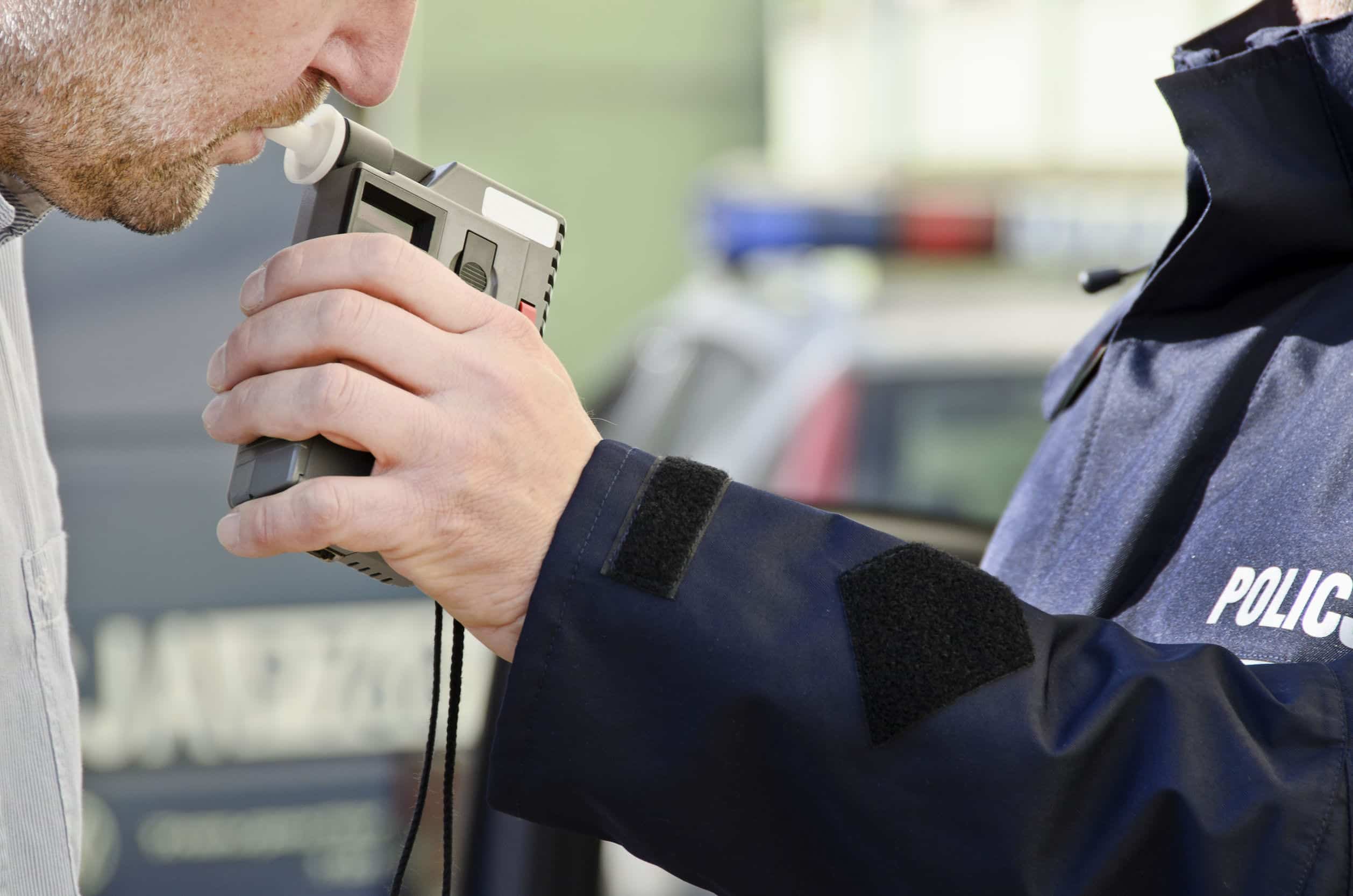- Home
- THE FIRM+
- Criminal Defense+
- CASE RESULTS
- AREAS WE SERVE+
- FAQ’s
- Blog
- Contact
AZHARI LLC BLOG

Posted By: Sami Azhari
Category:
If you have been charged with a DUI in Illinois, there’s a surprisingly good chance that your blood or breath test results are inaccurate. Although blood tests are slightly more reliable than breath tests, both methods are often suspect – particularly if proper testing protocol is not followed.
Field sobriety testing can be even more inaccurate, but despite this they are still admissible as evidence.
Why does this matter? Because when blood alcohol content (BAC) test results are wrong, it can potentially lead to your case being dismissed, since having a BAC over the legal limit is the primary criteria for a DUI.
The first step to fighting your DUI test results is to understand how BAC tests can be inaccurate. Therefore, we’ve put together this guide covering common test issues and how you may be able to leverage this information to fight your DUI.
Common Reasons for BAC Test Inaccuracies in Illinois
There are many reasons a blood or breath test can be inaccurate in an Illinois DUI case. Depending on the circumstances of your arrest and BAC testing procedures, your DUI defense attorney may be able to make one or more of the following arguments to get your charges reduced – or even dropped altogether.
Burping. That’s right. If you happen to burp during a breath test, this could result in a false positive. Why? Your stomach produces gases during digestion, some of which can falsely register as alcohol during a breath test. So, you can test positive – even if you haven’t consumed any alcohol at all.
Mouthwash. If you rinse your mouth using mouthwash with a high alcohol content before driving, this could result in a falsely elevated breath test result.
Cigarettes. If you are a smoker, the chemicals in cigarettes can make a breath test read artificially high. This is especially likely if you had a drink or two and also smoked a cigarette.
Dental Work. If you recently had dental work, alcohol can become trapped in your teeth. Even a few drops of alcohol can make a breathalyzer test read high.
Cold Medicine. Many cold medicines contain alcohol, which could show up on a breathalyzer. Also, menthol found in many cough drops can lead to a false positive.
Medical Conditions. Surprisingly, certain medical conditions can cause the body to produce vapors that register on a breathalyzer. For example, diabetes causes elevated ketones, which produce acetone that is picked up by a breath test.
Chemical Exposure. Using certain household and beauty products can lead to a false positive on a breath test. Hairspray, cleaners, paints, lacquers, and glues may cause false positives.
Absorption Rate Not Considered. When you drink alcohol, your body takes a while to absorb the alcohol. Therefore, it also takes a while for that alcohol to actually impair your driving.
So, if you had one drink right before hitting the road, your test may read higher than the legal limit, especially if you still have trace amounts of alcohol in your mouth. However, in this case, the alcohol would not yet have impacted your system, meaning you can’t legally be charged with a DUI.
This defense should only be used in specific situations where there is clear supporting evidence.
Improper Breathalyzer Procedures. Breathalyzers are notoriously error prone. They must be calibrated and used correctly by a trained professional to produce an accurate result. On top of this, the instrument can still be inaccurate even when used correctly.
If the law enforcement officer hasn’t been trained to use a breath test properly, or does not calibrate the machine prior to use, the results can be skewed. Further, the officer should repeat the test several times to compare the results.
If you can prove that the officer did not use the breathalyzer correctly, your breath test results may be stricken from the record. An expert witness may also be able to determine if the breath test used is particularly error-prone.
Blood Test Failure. Blood tests are less error-prone than breath tests. However, the blood sample must be collected properly, and the handling of the sample must be documented correctly in order to avoid contamination. This is known as the chain of custody.
Specifically, the blood must be properly stored, labeled, and tested prior to its expiration date. If the blood is expired or improperly stored, this could lead to fermentation of the sample and inaccurate results.
Fighting Inaccurate DUI Test Results in Illinois
Your DUI defense attorney can help determine whether it’s possible to call BAC results into question. When consulting with your attorney, be very specific about the events before, during, and after your arrest, including any and all tests you submitted to. An experienced attorney can pick up on discrepancies in these processes, which could potentially be used to defend against your DUI charge.
Understanding how BAC tests can be inaccurate is a good first step to fighting your DUI. Talk to your defense team to make sure all of these bases are covered.
About the Author
Sami Azhari has been working as a lawyer since 2007, after receiving his Juris Doctor from the Michigan State University College of Law. He has handled numerous state and federal cases, and is known throughout the Chicago and Rolling Meadows area for providing his clients with high-quality, skilled representation. He has been recognized by SuperLawyers, the National Trial Lawyers Association, and other notable organizations, and has spoken at a number of legal conferences.



























































